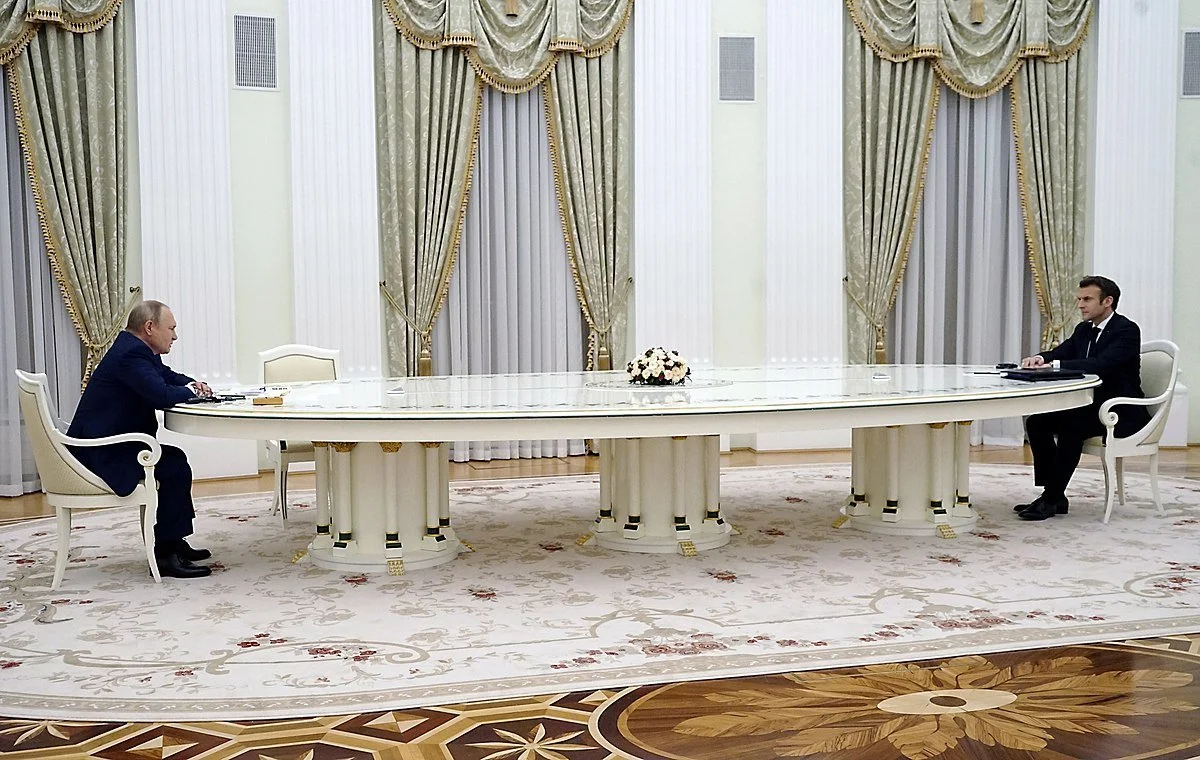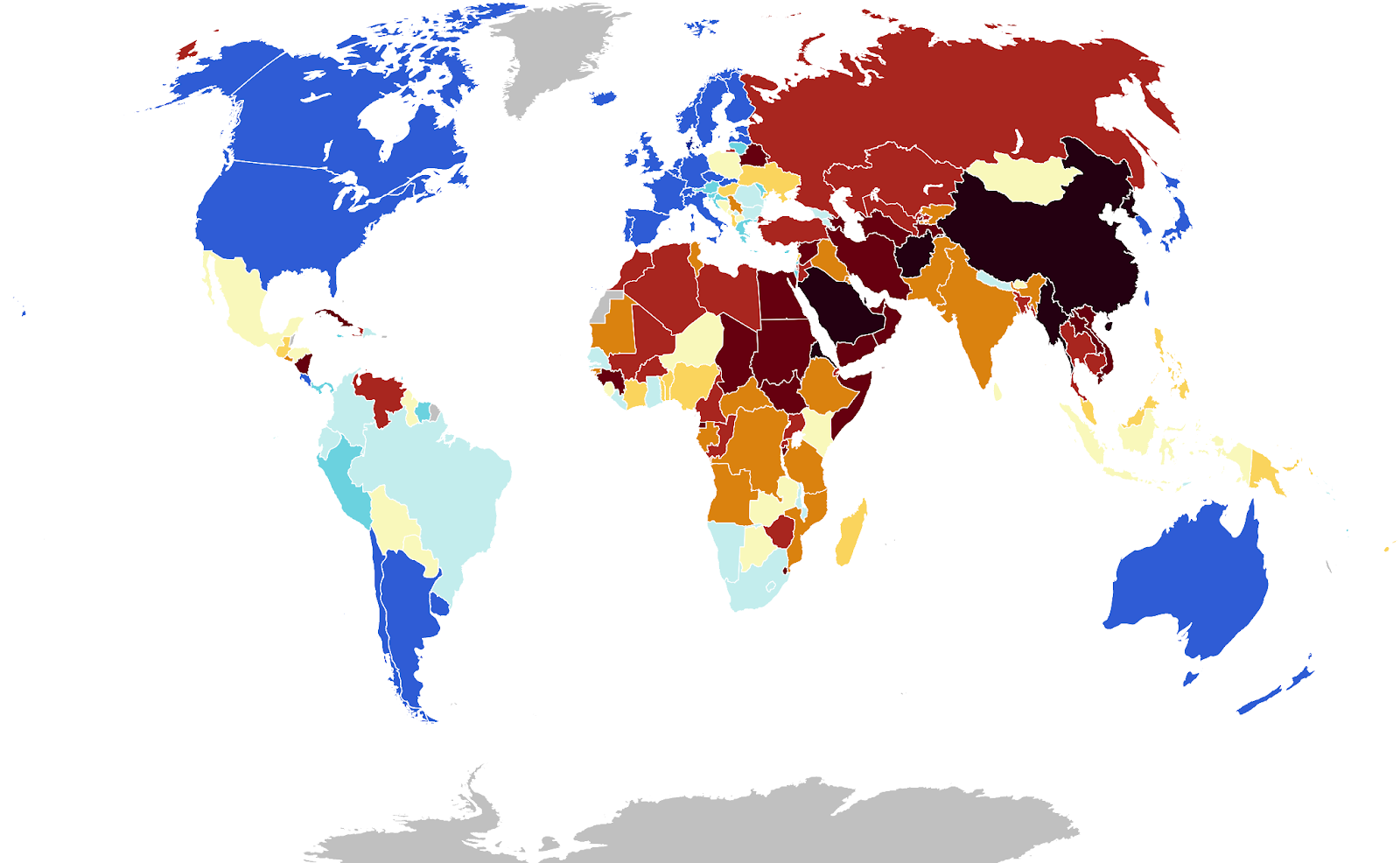French Intelligence Chief Resigns Over Failure to Predict Russian Intentions in Ukraine
French President Emmanuel Macron met with Russian President Vladimir Putin in Moscow, Russia, on February 7. President Macron continued to push for diplomacy even as U.S. and U.K. intelligence agencies warned a Russian invasion of Ukraine was imminent (Wikimedia Commons).
The head of French military intelligence, General Eric Vidaud, resigned on March 30 due to France’s failure to correctly predict Russia’s intentions prior to its invasion of Ukraine. French intelligence reports had continued to express optimism towards the situation even as U.S. and U.K. intelligence agencies forecasted an imminent Russian invasion in early February.
Vidaud had been the Directorate of Military Intelligence (DRM) - the head of France’s military intelligence - for just seven months before his resignation and had previously served as head of special operations for two years. He was supposed to be moved to a new post as part of a reorganization effort this summer, but chose to resign now instead.
An internal investigation by the defense ministry cited “insufficient briefings” and “failure to master the issues” as reasons for Vidaud’s departure. However, the role of Vidaud’s service was to provide “military intelligence on operations, not on premeditation,” a military source told Agence France-Presse. The DRM correctly predicted that Russia had the capability to launch an invasion of Ukraine, but did not believe that it had the intention to do so.
The head of France’s armed forces, General Thierry Burkhard, acknowledged the shortcomings of France’s intelligence in early March. “The Americans said the Russians were going to attack and they were right,” Burkhard said. “Our services rather thought that the invasion of Ukraine would have a monstrous cost and that the Russians had other options” beyond military conflict.
Despite the departure of Vidaud as head of military intelligence, some have suggested that France’s intelligence failure fell on the shoulders of its entire intelligence community, not just the DRM. The French newspaper Le Monde noted that DRM had frequently been overshadowed by France’s foreign intelligence service, the General Directorate for External Security (DGSE). The newspaper wrote that war in Ukraine had exposed the shortcomings of France’s intelligence community compared to those of the United States and United Kingdom, both of which have larger budgets and more extensive experience.
France’s misinterpretation of Russian intentions is particularly embarrassing for President Emmanuel Macron, as the French presidential elections are to be held later this month. President Macron met with President Vladimir Putin in the days before Russia’s invasion of Ukraine on February 24, and continued to push for a diplomatic solution. He tried to arrange a summit between President Putin and U.S. president Joe Biden, even as U.S. and U.K. intelligence agencies publicly released their findings on President Putin’s intentions in Ukraine.
Since the Russian invasion of Ukraine, President Macron has sought to downplay France’s lack of preparedness and failed efforts toward diplomacy. The French president has largely avoided campaigning, even with the French elections just weeks away. Instead, he has focused on the war in Ukraine, seeking to repair his image as a global leader.




